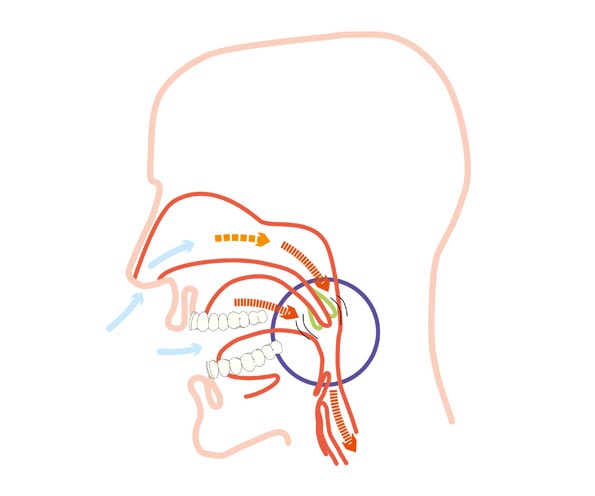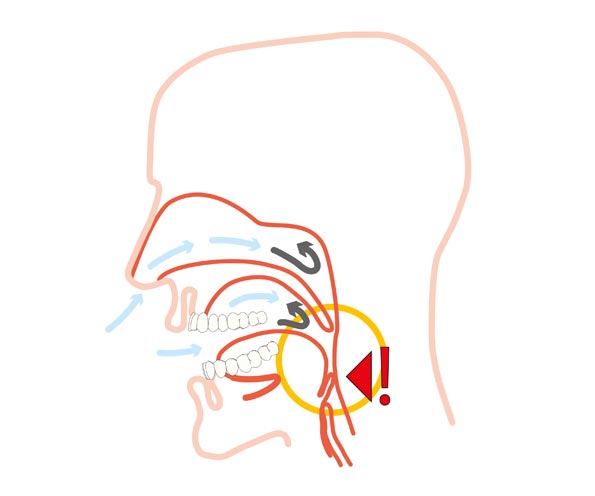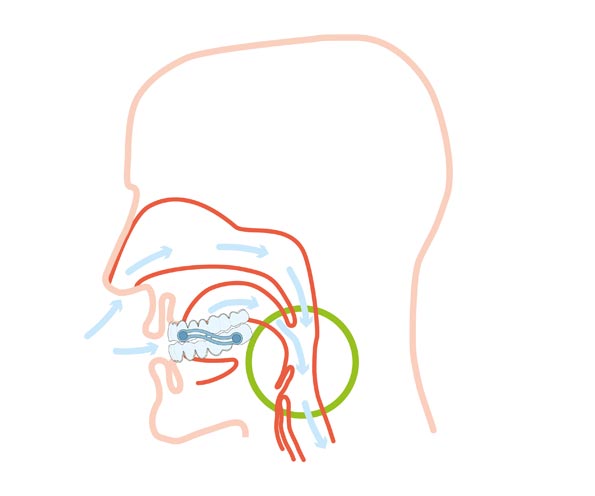Dental lab China Laboratory Shenzhen Dentallabor Zahnlabor Company products services Shanghai
Erkodent Silensor
Erkodent silensor
Product: Anti Snoring Device
Material: Erkodent
Exceptional customer service
Our lab works with clients as an international team and always serves highly demanding dentists with personal attention. Today, we utilize advanced communication tool and technology in our lab to shrink the world.
Excellent turnaround time
We have experience in exporting our dental works to various countries in Europe and USA over the years and pride ourselves on our ability to provide your case in a timely fashion. All packages will be shipped back to you very Fast.
dental lab china laboratory shenzhendentallabor zahnlabor
Description
What is Erkodent silensor?
The Silensor-sl consists of one splint for the upper jaw and one splint for the lower jaw. The lower jaw is either held in a predetermined position or advanced by 2 connectors that are fixed laterally to the splint. The Silensor-sl thus counteracts the narrowing of the respiratory tracts.
The snoring

Up to 40 % of the population in industrialized countries snore. The decreasing muscle tone during the sleep causes a norrowing of the upper respiratory tract. This narrowing accelerates the respiratory airflow, thereby various structures in the area of the upper respiratory tract start to vibrate and cause the snoring noise. So snoring is a mechanical process that can be counteracted mechanically. Here the dental therapy comes into action. Light or primary snoring do not have consequences on health whereas the rhonchopathy, the abnormal snoring, does.
The apnea, the respiratory arrest during sleep

Sleep apnea is, at a certain level of severity, a serious disease that may cause not only sleepiness during the day but also serious systemic diseases. The apnea is a total respiratory stop. The obstructive apnea is a complete occlusion of the respiratory tract whereas in case of the central apnea the central respiratory reflex arrests. The hypopnea is a reduction of the respiratory flow by more than 50 %. The apnea/hypopnea index, AHI is the degree of the severity of the disease. An apnea/hypopnea lasts at least 10 sec. The apneas per hour are counted, 10 apneas per hour result in an index of 10. An index of 0 to 5 is normal, 5 to 10 is a light, 10 to 20 a median range and more than 20 a severe disease. An obstructive apnea is characterized by an interruption of the very noisy snoring (rhonchopathy). The central apnea, however, has no external signs.
The effectiveness of the Silensor-sl

The Silensor-sl consists of one splint for the upper jaw and one splint for the lower jaw. The lower jaw is either held in a predetermined position or advanced by 2 connectors that are fixed laterally to the splint. The Silensor-sl thus counteracts the narrowing of the respiratory tracts. The velocity of the inspired air decreases and so do noise-generating vibrations of the soft tissues. With the Silensor-sl jaw movements are possible but no falling back of the lower jaw. With this function the Silensor-sl is a comfortable and at the same time effective snoreguard. Clinical tests have shown that the advancement of the lower jaw considerably reduces snoring at more than 80 % of the patients and may reduce the apnea index at up to 50 %.
When is the Silensor-sl suitable?
The Silensor-sl can be expected to be very successful since in almost all cases the noise involved in snoring is caused by constriction of the airways. Because of its compact design, the device does not inhibit breathing through the mouth. With severe corpulence a good success of the treating, however, is doubtful. The effectiveness will thus be increasingly reduced at a BMI (body-mass-index) of more than 30 and a neck circumference of more than 44 cm. The Silensor-sl cannot be used with edentulous patients. The dentist has to evaluate if the partial denture will provide adequate retention. If a sleep apnea is suspected, the efficacy of the Silensor-sl should be assessed in a sleep laboratory considering the seriousness of this disease.
Hints for wearing the Silensor-sl
Upon insertion of the Silensor-sl the patient may experience some tension. This will disappear normally in a short time.
Side-effects
If the wearer of the Silensor-sl should realize tooth migration his practitioner has to be informed of it as quickly as possible. The dentist will then decide if the appliance can further be worn. After removal of the splint the patient feels more or less considerably a changed bite situation – the mandible feels slightly out of alignment. This condition will disappear in a short time and will have no consequences according to several tests. In the beginning of the Silensor-sl therapy there will often be increased salivation. This will, however, generally soon decrease again.







